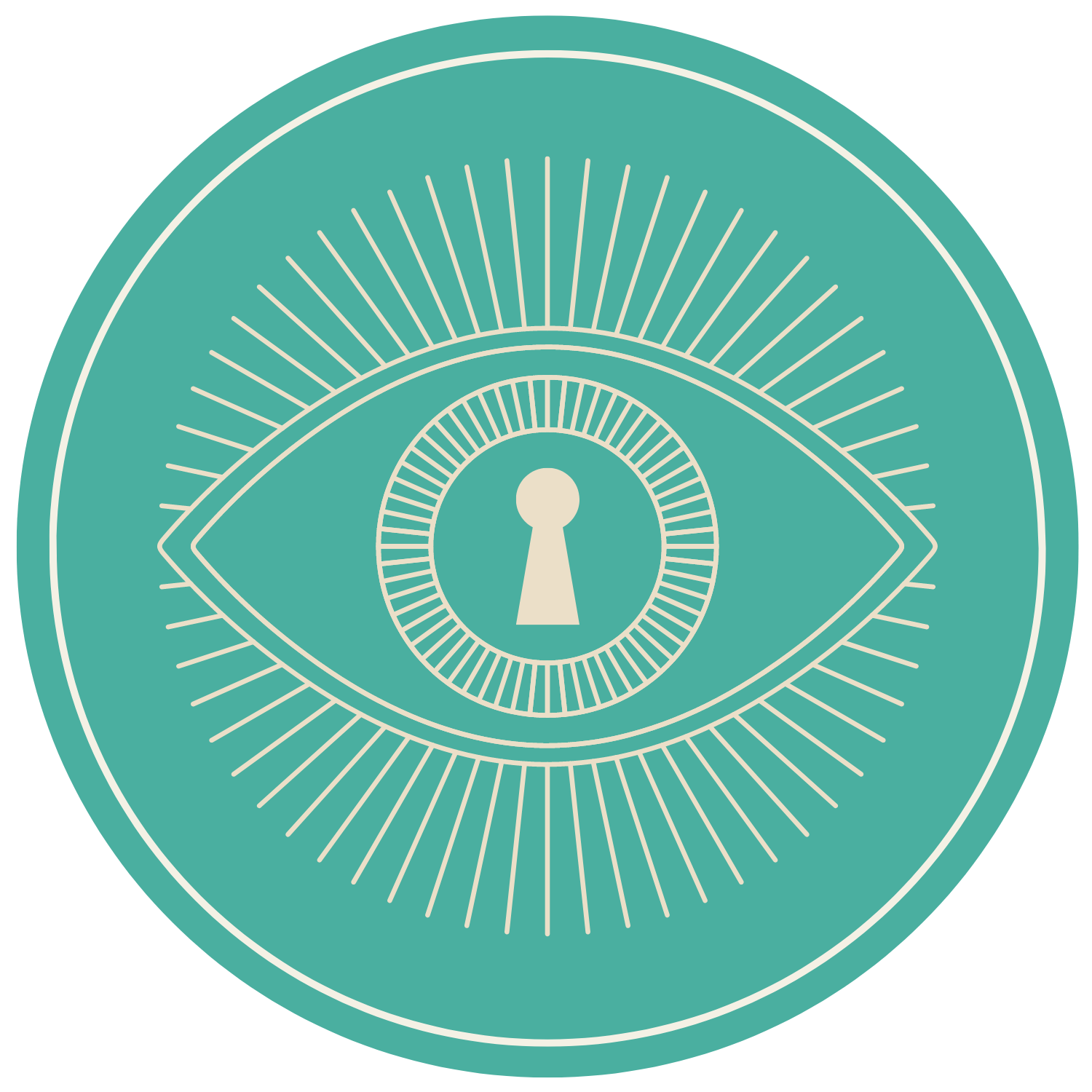6 Things That Get In The Way Of Regulating Emotions And What You Can Do About It
Welcome to the rollercoaster ride of emotions—a journey filled with twists, turns, and occasional loop-de-loops that leave us feeling both exhilarated and bewildered. If you've ever found yourself navigating this emotional maze with uncertainty and trepidation, rest assured, you're among friends here. Let's embark on this journey together as we explore the common obstacles that may hinder your path towards emotional balance.
1. BIOLOGY: The Puppet Master Behind the Scenes
Biological factors, such as genetics and neurochemistry, can significantly influence our emotional responses and make regulation more challenging. For instance, someone with a genetic predisposition to anxiety may find it harder to regulate their emotions in stressful situations.
What you can do: While biology may set the stage, you can still learn to dance to your own tune. Mindfulness practices, such as deep breathing or body scanning, can help you observe and accept your biological reactions without being controlled by them. Remember, you're the conductor of your emotional orchestra!
2. LACK OF SKILLS: When You're Stuck in Emotion Regulation Limbo
This refers to not having the necessary tools or strategies to effectively regulate emotions, leading to feelings of helplessness and frustration. For example, someone who never learned healthy coping mechanisms may struggle to regulate their anger and lash out impulsively.
What you can do: Just like learning to ride a bike, mastering emotion regulation takes practice. DBT offers a plethora of skills to bolster your emotional toolbox, such as the "STOP" technique—Stop, Take a breath, Observe, Proceed mindfully. With time and perseverance, you'll transform from emotional novice to regulation virtuoso.
3. REINFORCEMENT OF EMOTIONAL BEHAVIOUR: The Tug-of-War with Your Environment
External factors in our environment can reinforce emotional behaviours, making it difficult to regulate emotions effectively. For instance, receiving attention and validation from peers whenever one expresses anger can reinforce this behaviour.
What you can do: It's time to rewrite the script! Practice setting healthy boundaries and assertiveness skills to navigate challenging environments. Additionally, DBT's PLEASE skill—treating Physical illness, Eating well, Avoiding mood-altering substances, Sleep hygiene, and Exercise—can fortify your emotional resilience, making it easier to resist external triggers.
4. MOODINESS: When Your Emotions Run the Show
Moodiness refers to fluctuations in emotional states that can impact decision-making and overall well-being. For example, hormonal fluctuations can lead to mood swings, causing irritability and withdrawal from social interactions.
What you can do: Take back the reins from your fluctuating emotions with the power of opposite action—a core DBT skill. If your mood dictates hibernation, challenge yourself to engage in activities that align with your wise mind, even if it's just a small step. Remember, actions shape emotions as much as emotions shape actions.
5. EMOTIONAL OVERLOAD The Breaking Point
Emotional overload occurs when intense emotions overwhelm our capacity to cope, leading to a breakdown in our ability to regulate emotions effectively. For example, facing multiple deadlines, family responsibilities, and financial pressures simultaneously can lead to feelings of anxiety and helplessness.
What you can do: When emotions threaten to capsize your ship, it's time to deploy radical acceptance. Acknowledge and validate your feelings without judgment, and then pivot towards self-soothing techniques like progressive muscle relaxation or visualization. By riding out the storm with grace, you'll emerge stronger and more resilient.
6. EMOTION MYTHS: Separating Fact from Fiction
Emotional myths are mistaken beliefs or misconceptions about emotions that can hinder our ability to regulate them effectively. For instance, believing that expressing sadness is a sign of weakness due to societal norms perpetuating this myth. Some common myths surrounding emotions can be found here.
What you can do: Challenge those pesky emotional myths head-on with the power of self-inquiry. Utilize DBT's Check the Facts skill to examine the evidence behind your beliefs about emotions. Are they based on facts, or are they simply old tales passed down from generations? By debunking these myths, you'll reclaim agency over your emotional landscape.
Remember, the journey towards emotional regulation is a marathon, not a sprint. By incorporating these DBT skills into your daily life, you'll gradually unravel the knots that hinder your emotional well-being, paving the way for a brighter, more balanced tomorrow.
IF YOU'RE INTERESTED IN LEARNING MORE ABOUT DBT AND HOW IT CAN HELP YOU, BOOK A FREE CONSULTATION WITH A QUALIFIED THERAPIST TODAY!






